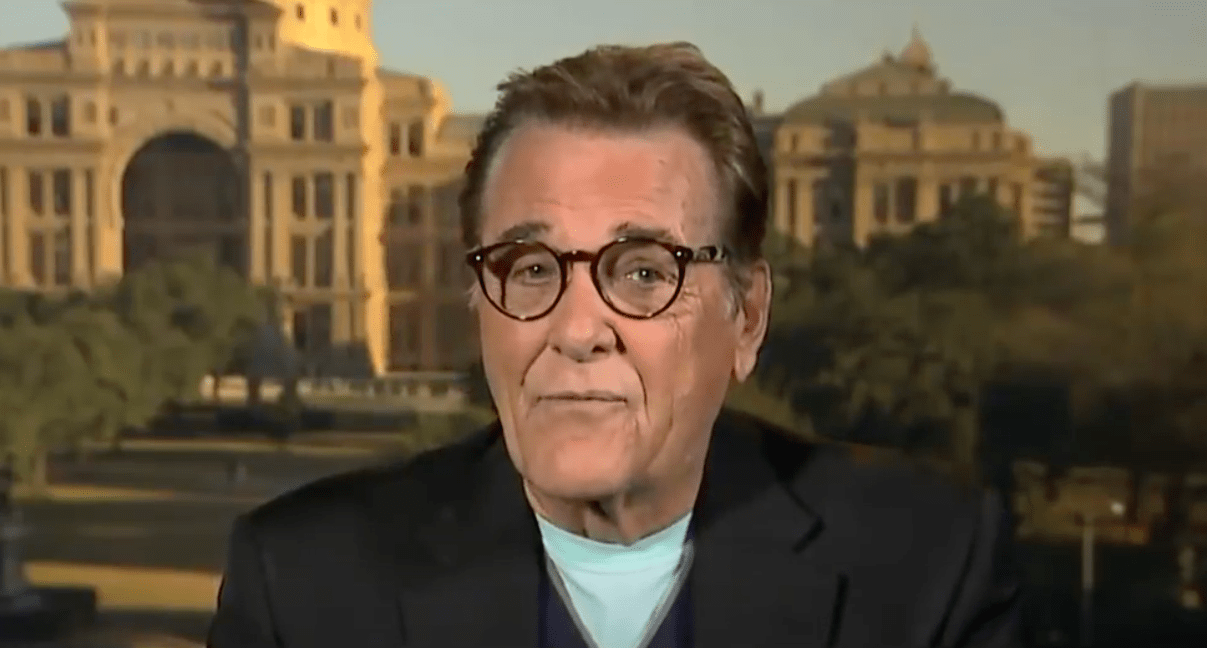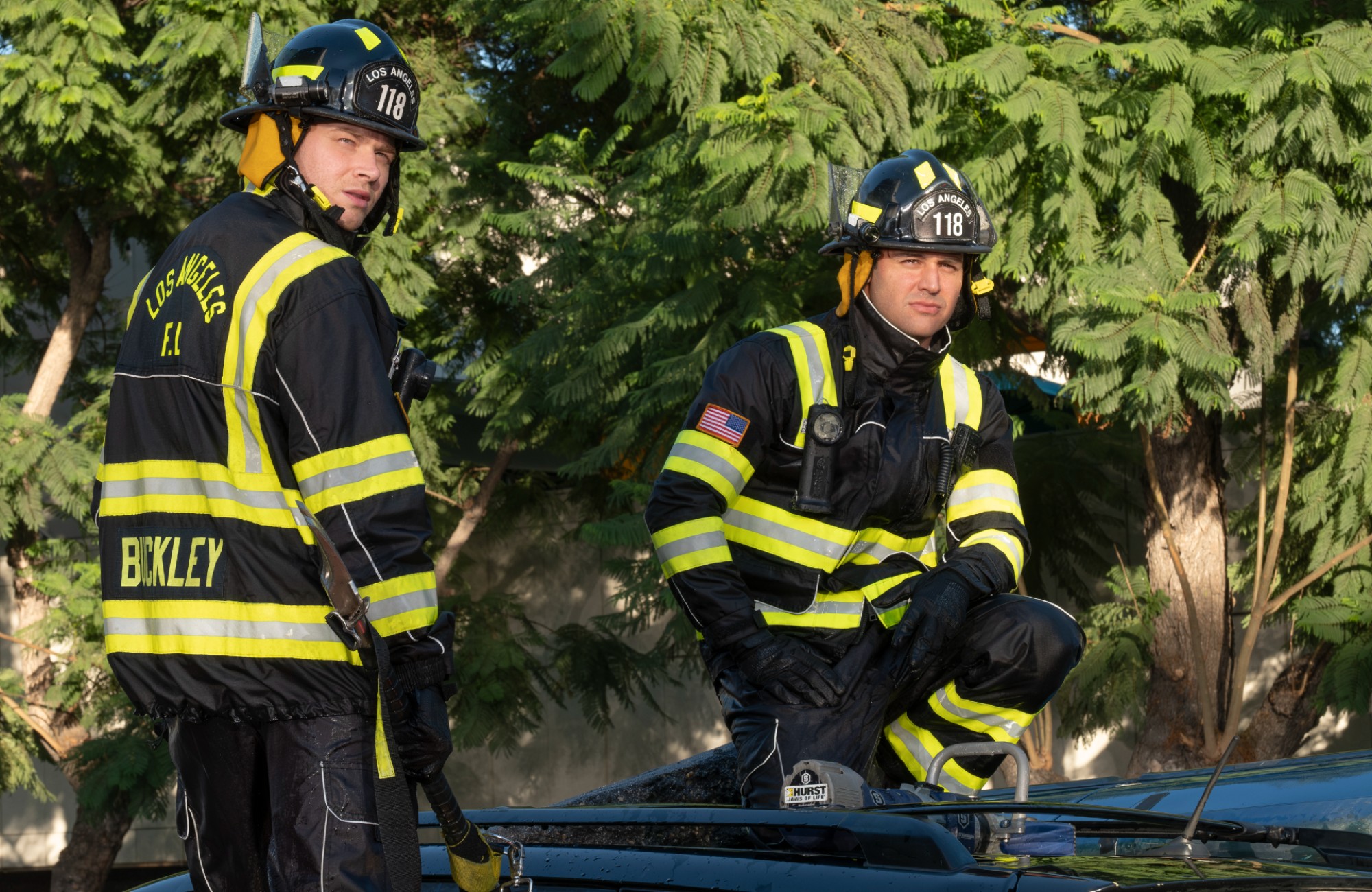Kamala Harris’s Ascent Doesn’t Mean Progress for Black Women
As a Black woman, I take immense pride in Vice President Kamala Harris’s victory. I beamed as she took her oath of office in a stunning purple dress and coat—a symbol of unity and possible tribute to Shirley Chisholm, the first Black woman to run for president. I felt like I was watching the best of what this nation has to offer. But I am also reticent. Being a Black woman means experiencing perpetual whiplash: overwhelming highs and devastating lows before you can even get your bearings.
Right now, Black women seem to be thriving. Across America, they’ve become the most educated demographic and the fastest-growing group of entrepreneurs. With every election cycle, we’re reminded of their power: Black women organizers were pivotal to Joe Biden’s win and secured a Senate majority for Democrats. Last year, they dominated entertainment headlines: Doja Cat, Nicki Minaj, Beyoncé, and Megan Thee Stallion made history when they became the first Black female artists to secure the top two spots on the Billboard Hot 100. Audiences found reprieve from quarantine and protests in the fourth season of Insecure, a show that celebrates authentic representations of Blackness and Black women. And in July, Beyoncé blessed us with Black Is King, a visual accompaniment to the soundtrack to Disney’s The Lion King. I take such pride in witnessing these successes, both big and small. It’s rewarding to see yourself reflected in change agents and culture shifters. But if you think we’re winning, we’re not. Despite everything we do and accomplish, Malcolm X’s words still ring true: “The most disrespected person in America is the Black woman.”
Black women still make 62 cents to a white man’s dollar. Amid the pandemic, Black businesses are failing: According to a report by the Center for Responsible Lending, roughly 95 percent of Black-owned businesses were not projected to receive the Paycheck Protection Program (PPP), the government aid meant to help small businesses recover from the pandemic. During a health crisis where Black Americans are three times more likely to die from coronavirus than white people and are disproportionately affected economically by the pandemic, this is especially true for Black women. Black women are the heads of 30 percent of Black American households and are overrepresented in the service industry, which was significantly impacted by the crisis. Many Black women are currently risking their lives to go to work to support their families or face unemployment. And in a year Black women saw so much success despite all odds, 2020 also inundated us with violence against women like Oluwatoyin Salau, Breonna Taylor, and Megan Thee Stallion. Hashtags like #ProtectBlackWomen and #SayHerName ring hollow when Black women are murdered at a higher rate than any other female demographic, and approximately 22 percent of Black women are raped in their lifetime.
Harris is not immune to the sexism and racism all Black women face. During the campaign, she endured mispronunciations of her name and disrespect during a vice presidential debate where the phrase, “I’m speaking,” will live on in infamy. During her time in the Senate, Harris supported issues that affect all women, like healthcare, childcare, and reproductive rights. She spoke on the staggering Black maternal mortality rate in an interview with ELLE.com, stating, “Every day we wait and don’t address this issue is another day we allow more mothers to be at risk.” As vice president, It’s safe to assume Harris will continue to advocate for Black women’s issues. However, we must consider the irony that electing our first Black woman vice president means losing the only Black woman in the Senate. When she was elected in 2016, Harris was only the second Black woman to serve in its history. For every gain Black women make, we also suffer a loss. That imbalance is reflected across America and directly affects the possibility of progress and equity.
When a Black person shot by a cop trends on social media, we hear the same thing repeatedly: America loves Black culture but not Black lives. For Black women, that erasure is twofold because of our race and gender. America loves Black women for our bodies, our strength, our nurturing nature, but fails to protect our bodies, respect our autonomy, and provide space for our strength and vulnerability. On Jan. 20, I looked on with pride as our first Black woman vice president was sworn into office. But I will hold my breath as I wait for the next shoe to drop.
This content is created and maintained by a third party, and imported onto this page to help users provide their email addresses. You may be able to find more information about this and similar content at piano.io






